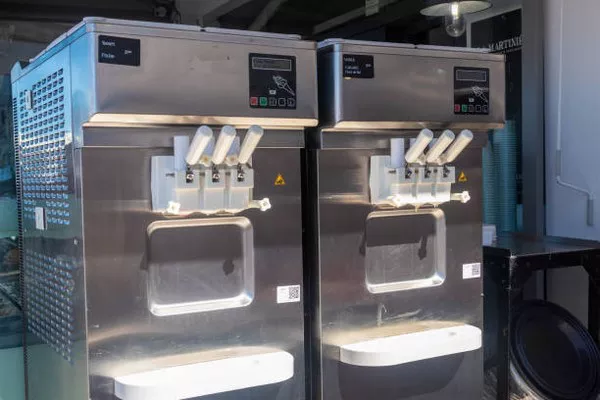Generators are vital devices that provide backup power during outages or in remote locations where a consistent power supply is unavailable. Understanding how long a generator can run continuously is crucial for ensuring its reliability and longevity. In this article, we’ll delve into the operational limits of generators, factors affecting runtime, and essential maintenance practices to maximize their efficiency and lifespan.
Operational Limits of Generators
Generators are designed to operate continuously, but their runtime is influenced by various factors:
Fuel Capacity: The primary limiting factor for generator runtime is fuel capacity. The runtime is determined by the amount of fuel the generator’s tank can hold and its fuel efficiency.
Engine Wear and Tear: Continuous operation can lead to wear and tear on the generator’s engine and components. Over time, this can affect performance and reliability.
Cooling and Ventilation: Generators require adequate cooling and ventilation to prevent overheating during extended operation.
Load Capacity: The load (i.e., electrical demand) placed on the generator affects its runtime. Higher loads drain fuel faster.
Types of Generators and Their Runtime
Different types of generators have varying runtime capabilities:
Portable Generators: These are typically used for temporary power needs. Portable generators can run for several hours, usually between 8 to 12 hours on a single tank of fuel, depending on the load and tank size.
Standby Generators: These are installed permanently and automatically start during power outages. Standby generators can run for days or even weeks if connected to a continuous fuel supply.
Industrial Generators: Designed for heavy-duty use, industrial generators can run continuously for days or weeks, depending on fuel availability and maintenance.
Factors Affecting Generator Runtime
Several factors impact how long a generator can run:
Fuel Type and Efficiency: The type of fuel (e.g., diesel, gasoline, propane) affects runtime. Diesel generators are more fuel-efficient and can run longer than gasoline-powered ones.
Generator Size and Capacity: Larger generators have higher fuel capacities and can handle heavier loads, resulting in longer runtime.
Load Demand: The amount of electrical load placed on the generator directly affects fuel consumption and runtime. Higher loads drain fuel faster.
Ambient Temperature: Generators operate less efficiently in extreme temperatures. Hot weather can reduce runtime due to increased fuel consumption.
Maintenance for Extended Runtime
To ensure maximum runtime and reliability, generators require regular maintenance:
Fuel Quality: Use clean, high-quality fuel to prevent engine clogs and maintain efficiency.
Oil Changes: Regularly change the oil as per manufacturer recommendations to keep the engine lubricated and running smoothly.
Cooling System Maintenance: Clean and inspect the cooling system to prevent overheating, especially during extended operation.
Air Filter Inspection: Replace or clean air filters regularly to ensure proper airflow and combustion.
Load Management: Avoid overloading the generator beyond its capacity to optimize fuel efficiency and runtime.
Regular Testing: Periodically run the generator to test its functionality and identify any issues before they become critical.
Best Practices for Generator Operation
Follow these best practices to maximize generator runtime and efficiency:
Fuel Management: Keep adequate fuel reserves and ensure a stable supply during extended outages.
Temperature Control: Install generators in well-ventilated areas to maintain optimal operating temperatures.
Remote Monitoring: Use remote monitoring systems to track generator performance and fuel levels.
Professional Maintenance: Schedule routine maintenance by certified technicians to identify and address potential problems early.
See Also Choosing the Best Generator
Conclusion
Understanding the operational limits and maintenance requirements of generators is essential for reliable backup power. By following best practices and regular maintenance schedules, you can ensure that your generator operates efficiently and reliably for extended periods, providing crucial backup power when needed. Always consult the manufacturer’s guidelines and enlist professional assistance for maintenance and repairs to maximize the lifespan and performance of your generator.

